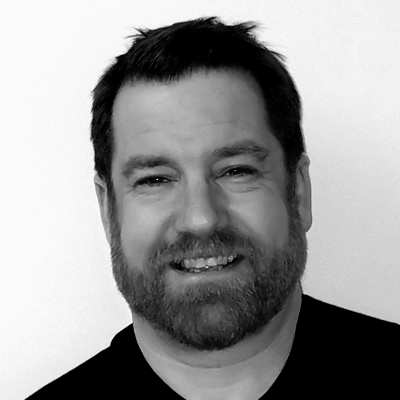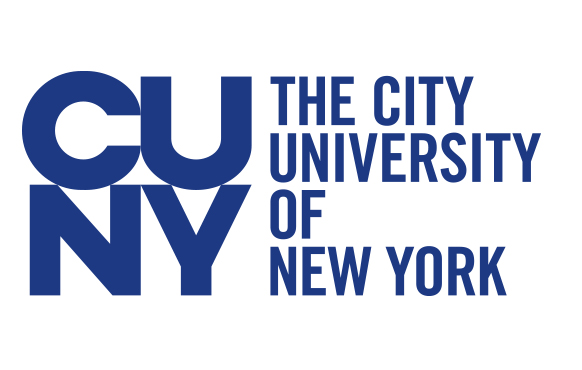New York, NY – Essential workers face immense mental and emotional challenges brought on by the Covid-19 shutdown —now is the time to make sure they get all the support that they need.

After speaking with a number of union representatives, nurses, and other healthcare professionals, I can tell you that the demand for support services is high, and increasing by the day.
In addition to Post Traumatic Stress Disorder [PTSD], essential workers in healthcare are grappling with even deeper “moral injuries” — trauma arising from the split-second choices many of them working in emergency rooms and intensive care units throughout the city had to make during the height of the ongoing pandemic.
Doctors and nurses often had to ration care. Patients still died in record numbers. The dead needed to be handled with special care and couldn’t simply be sent to the morgue. Nurses had to employ special disinfectant procedures to prevent the spread of Covid-19. Sometimes, they had to use double body bags.
“These are people we’re talking about here!” one nurse exclaimed to me.
Ultimately, the bodies were moved out, but only to be replaced with new patients struggling for life. Throughout it all, Covid continued to spread. Colleagues and family members died. The media reported things were getting worse.
Patients who lay powerless in their beds pleaded with healthcare workers to save them. But there was no way to know who would survive and who would not. Nurses and doctors worked long hours and mandatory shifts with few breaks and no safe place to comfort them. Even during off-hours at home, there was no way to heal from what their experienced at work. There was no time to process the sights they saw, and no time to rest while the death toll mounted.
“How does someone live through this and then go back to normal?” another nurse asked me.
Healthcare workers are suffering from auditory hallucinations, or the false perceptions of sound. Some suffer from visual hallucinations and panic attacks.
The symptoms may vary, but the common ailment among all are those “moral injuries.” The ones deeply rooted in regret over circumstances and decisions that were beyond human control.
Nurses talk about their haunting recollections and focus on their guilt. There are those who discuss a loss of self, or a loss of personal identity. They talk about depression, anxiety, panic attacks and irrational fears that impose upon their personal lives. Hospital workers talk about loss, a sense of impending doom, or punishment for the decisions they’ve had to make.
Unfortunately, much like the hospitals during the height of Covid, the entire therapeutic healthcare system has become totally overwhelmed.
“I’ve called to find help but no one gets back to me,” a nurse said when asked about the possibility of reaching out for help.
“None of the therapists called me back. They’re all booked. And it’s hard to talk about this with anyone at work because I’m afraid of what people might think.”
Indeed, many nurses fear being stigmatized or suffering workplace retaliation if they try to seek help. A representative from National Nurses United [NNU] told me that employers need to facilitate peer support for RN/NPs, as well as increase staffing levels to help with better patient care, and to alleviate any further cumulative distress on an overburdened workforce.
NNU is also calling on employers to allow RN/NPs to attend moral injury, secondary trauma, and individual support programs. The representative also told me that the union office needs to be a “safe haven” and that union leaders and staff should have specialized training as well.
Although a large number of people have been vaccinated, the number of new infections, along with the emergence of the Delta variant, has triggered concerns about another deadly wave Covid.
Fortunately, the accessibility of vaccines has helped manage the outbreaks. But the damage has already been done. Let’s just hope essential workers are able to find the help they need, so they can at least have a brighter future.
Ben Kimmel is a proud member of the IUOE Local 94, as well as an Author, Writer on thewrittenaddiction.com, Mental Health First Aid Instructor, Certified Addiction and Recovery Coach, Certified Professional Life Coach, and Peer & Wellness Advocate. Ben can be reached at bennyk1972@gmail.com



